When I was little - we’re talking late 70’s - for a period, there was a promotion that if you filled your tank at the Union 76 station near my house you’d get an 8x10 glossy of a Chicago Cubs or Chicago White Sox player.
As I recall, the featured player changed week-to-week, so it was important to fill up as much as possible in order to collect them all. I was (and am) a Cubs fan, and remember being psyched to get my Larry Bittner, Steve Ontiveras, and Rick Reuschel photos. I’d thumbtack them to a bulletin board in my room, and for a period, those photos were very important to me.
At some point, though, I just threw them out as though they meant nothing, and I suppose at the time of the discarding that’s exactly what they meant to me. Now, I sometimes wish I had more of those artifacts of my youth, the baseball cards, or even better the seemingly nearly complete set of Wacky Packs stickers.
I’m not one of those folks who laments that I let a fortune in future collectibles slip through my fingers because I’m not a “collector.” The acquiring and holding of objects because of a desire to be a “completist,” and learn the ins and outs of a particular field or type of item is of limited interest. Nor am I motivated by the hopes of the objects increasing in value someday.
While I am not a collector, looking around my house at the many hundreds of books in my possession, it is clear that I am a “keeper,” a keeper of books anyway, and perhaps in some way this does make me a collector, not of objects, but of experiences perhaps?
For example, I have one area of one shelf where I’ve kept every book we read in a “history of the novel” course in graduate school, including Vanity Fair, Tristram Shandy, Nightwood, Some Tame Gazelle, Tropic of Cancer, and Ulysses, among others. The odds of me re-reading these books are nil, but each time I’m required by the demands of space to do some culling,1 I find myself leaving those in place while purging titles that I’ve acquired and haven’t yet read. That seems objectively silly, and yet I can’t imagine making a different decision.
Recently, I’ve been looking at my shelves of what I call my “teaching books,” essentially any text that intersected with my time as a college instructor, thinking that I really could stand to get rid of some of this stuff given that, A. The odds of me teaching full-time again are vanishingly small, B. Even when I was teaching, I had stopped using many of the books, and C. I think a decent number of the books are actively kind of lousy and I would never consider using them again.
And yet, those books stay. Also, I lied when I said they’re confined to a shelf. There’s actually an overflowing reusable grocery bag full in the closet, and another stash inside a cabinet that Mrs. Biblioracle has no idea about.2
In the past few years I have been trying to find a bridge between my keeping, and becoming a kind of collector.
Every so often I will “treat” myself to a first edition (sometimes signed) copy of a favorite book or author. As of yet, the most I have paid for one of these volumes is $200, but I have offhand dreams about acquiring a hardcover first edition of Flannery O’Connor’s Wise Blood (which would run north of $4000, or maybe even a signed first edition of Katherine Dunn’s Geek Love which would be not as expensive, but is simply quite rare.
I know I am not a proper collector because there is nothing objectively special about these books (with perhaps one exception that I’ll get to). These just happen to be ones that I think are particularly brilliant.
In some sense, I guess that makes me no different from any other collector, as all collections are rooted in our individual idiosyncrasies.
Edwin Mulhouse: The Life and Death of an American Writer by Jeffrey Cartwright by Steven Millhauser is both an homage to and a sendup of literary biographies, the writer in this case being Edwin Mulhouse whose career starts at age 10 and ends at 11, having produced a single novel, Comics. Jeffrey Cartwright is Edwin Mullhouse’s best friend and writes the biography as a kind of tribute, going deep into the author’s origins and life. You sort of have to read it to appreciate what Millhauser pulls off here in his first published novel. He’d later go on to win the Pulitzer for Martin Dressler: The Tale of an American Dreamer.
Suder is Percival Everett’s first novel, published in 1983, the story of a 3rd baseman for the Seattle Mariners in the midst of the worst slump imaginable who goes on a quest. It has all the hallmarks of Everett’s later work, the absurd, deadpan humor, the willingness to follow the story wherever his imagination takes him. What I love is how unbridled his novels are. Each one is an act of a specific imagination at work on a specific problem of its own design. The process will always be amazing to me.
Oreo is the only novel by Fran Ross, and it is just the most clever, funniest book ever. You can see the library spine sticker on my copy, which I think makes it not particularly valuable, but hardcover copies are awfully rare. Thankfully, New Directions reissued a paperback a few years ago.
The last one is my most expensive acquisition, and probably my most valuable book, though it takes knowing the true author to understand why. It’s not this person who is featured on the back cover:
It’s this person:
The story of how Don DeLillo published a pseudonymous novel about the first (and only) female NHL professional hockey player is interesting and well told by Gerry Howard in this piece, “The Puck Stopped Here.”
DeLillo later semi-disavowed the book, never allowing it to be republished, and deleting it from his list of works. My copy, however, is signed:
It’s a fun and excellent novel that was apparently DeLillo’s best seller until he published White Noise, which established him as one of the leading interpreters of the later half of 20th century America. I read it as an old mass market paperback years before I acquired this copy. Every time I notice it on the shelf, I get a little kick out of it, and think how pleased I am to have it, that some of these copies are still around, apparently against Mr. DeLillo’s desires.
I envision myself someday having only a single shelf of books to keep. These books will be on mine.
What will be on your shelf?
Links
My Chicago Tribune column this week is all the reasons why I think we’d have a very difficult time establishing a system of free public libraries in today’s culture, which is why we should be glad they already exist.
The Guardian asked folks to come up with books that they’d like to see adapted to TV or film, and they got some very interesting answers.
In other book to television news, we’re seeing debuts of two new series, one based on John Krakauer’s Under the Banner of Heaven, a true crime book about a murder in Mormon country, and the other an adaptation of Lauren Beukes’ Shining Girls, starring Elizabeth Moss.
At Book Riot you can check out “The Best Fantasy Books You’ve Never Heard Of,” and at least in my case, they are correct, I’ve never heard of them, which is a testament to my gaps in knowledge about fantasy, and the care they’ve taken to curate this list.
At The Guardian, Neal Gaiman answers questions like, his earliest reading memory and his favorite book growing up. What fascinates me about this is that Gaiman’s experiences are like any other reader who doesn’t go on to write. Writers are always readers first.
Lastly, yesterday was Independent Bookstore Day. Personally, I think every day should be Independent Bookstore Day, but if you celebrated the occasion, tell me about it in the comments, and tell me what books you bought.
Recommendations
All books linked here are part of The Biblioracle Recommends bookshop at Bookshop.org. Affiliate income for purchases through the bookshop goes to Open Books in Chicago.
Steady progress on the affiliate income, up to $98.75 for the year.3
My apologies, but I’m a bit crunched this week and don’t have the time to get the recommendations in. Please do keep them coming (instructions at the link below), and if they stack up, I’ll do a special edition to make sure everyone has something to read.
First day of May, y’all. Enjoy it.
Until next time,
JW
The Biblioracle
I may be a keeper, but I’m not a hoarder. When the volume of books gets to a certain level, I act to purge, but the choices are always a little painful.
This will be a good test of whether or not she’s reading the newsletter. Hi honey!
I’ll match affiliate income up to 5% of annualized revenue for the newsletter, or $500, whichever is larger.




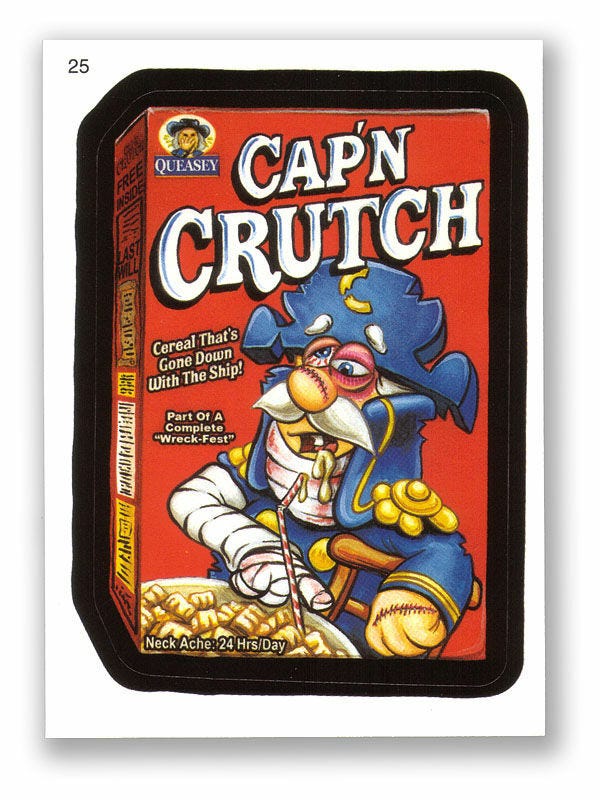
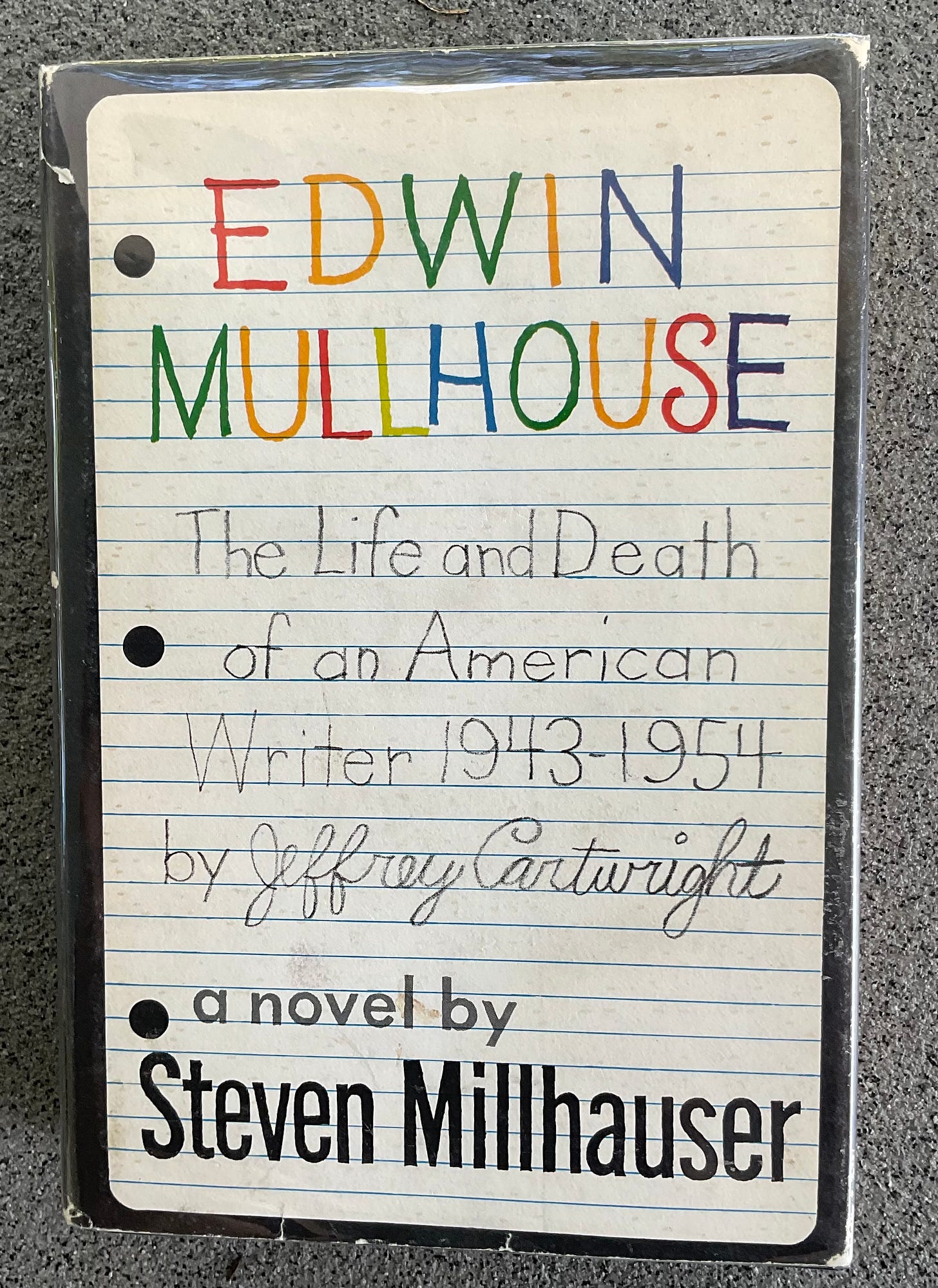
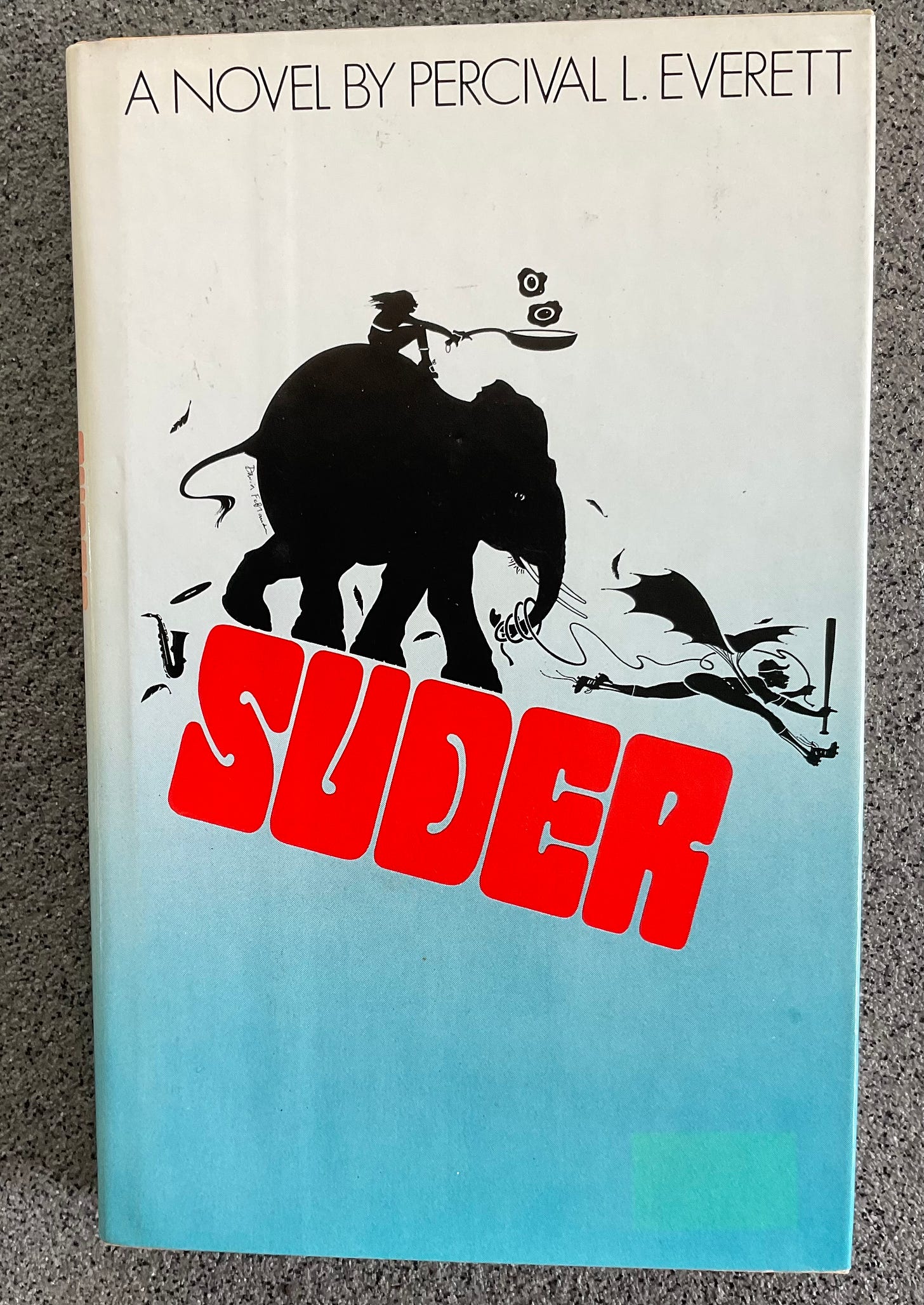
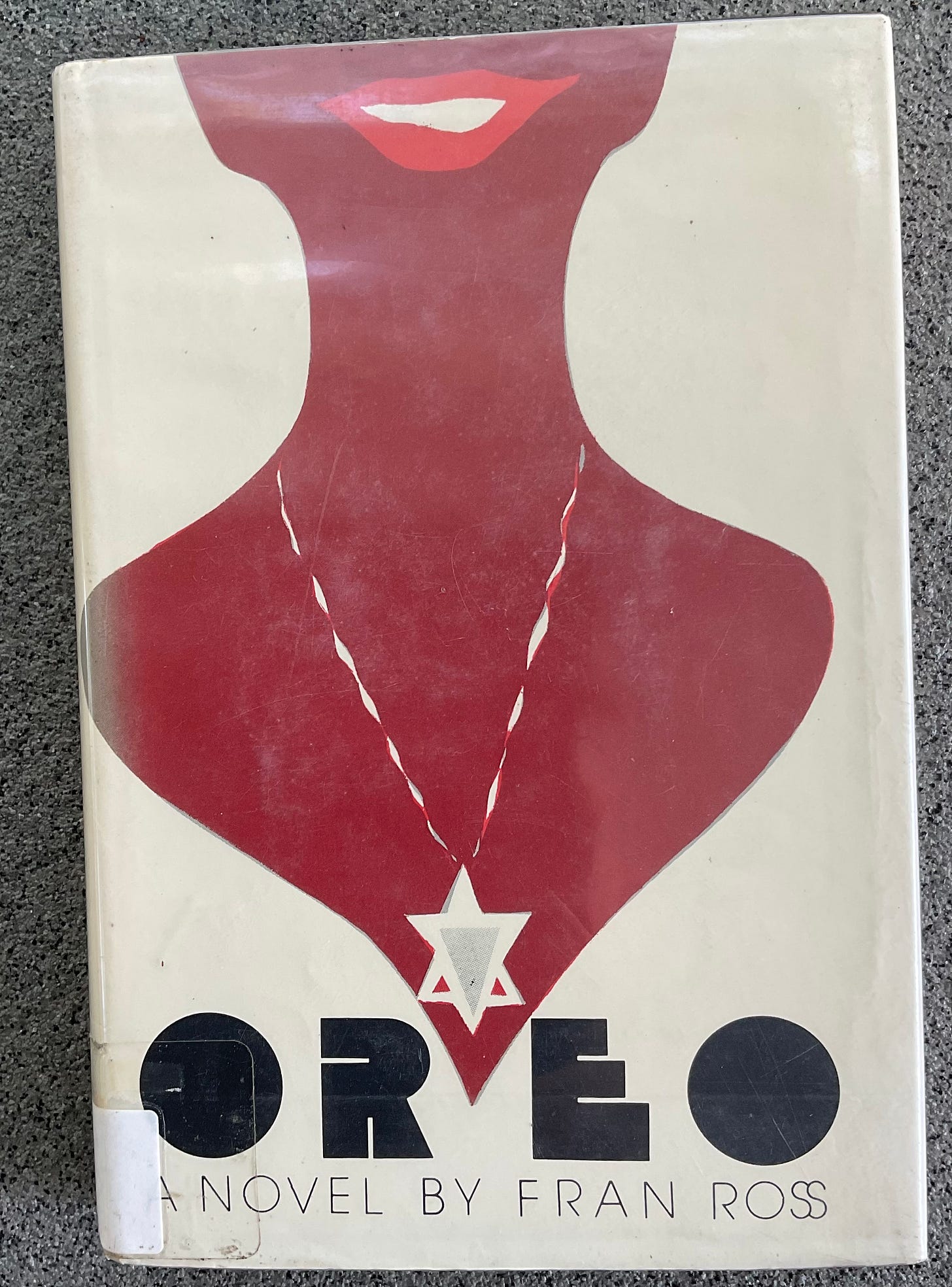
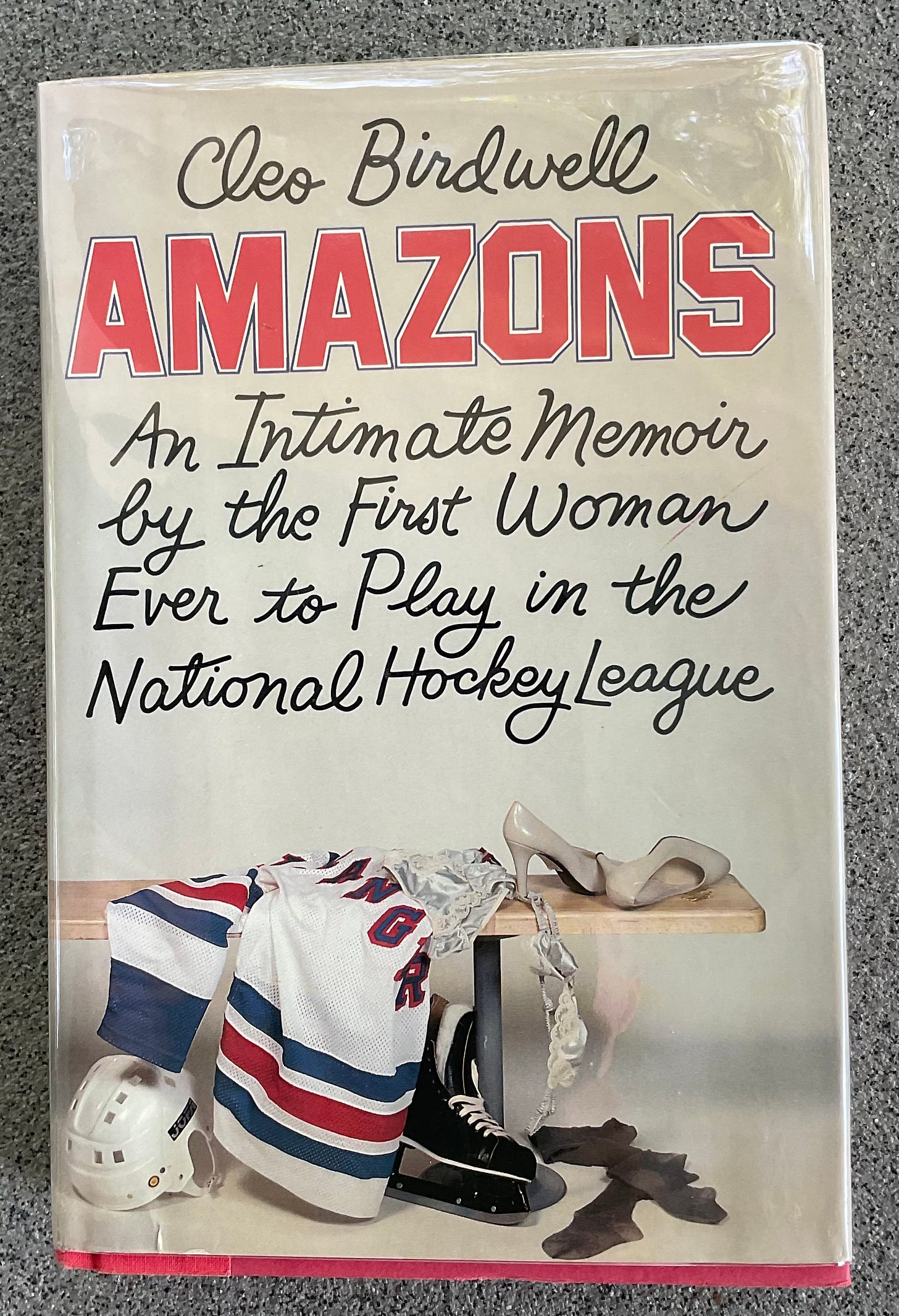
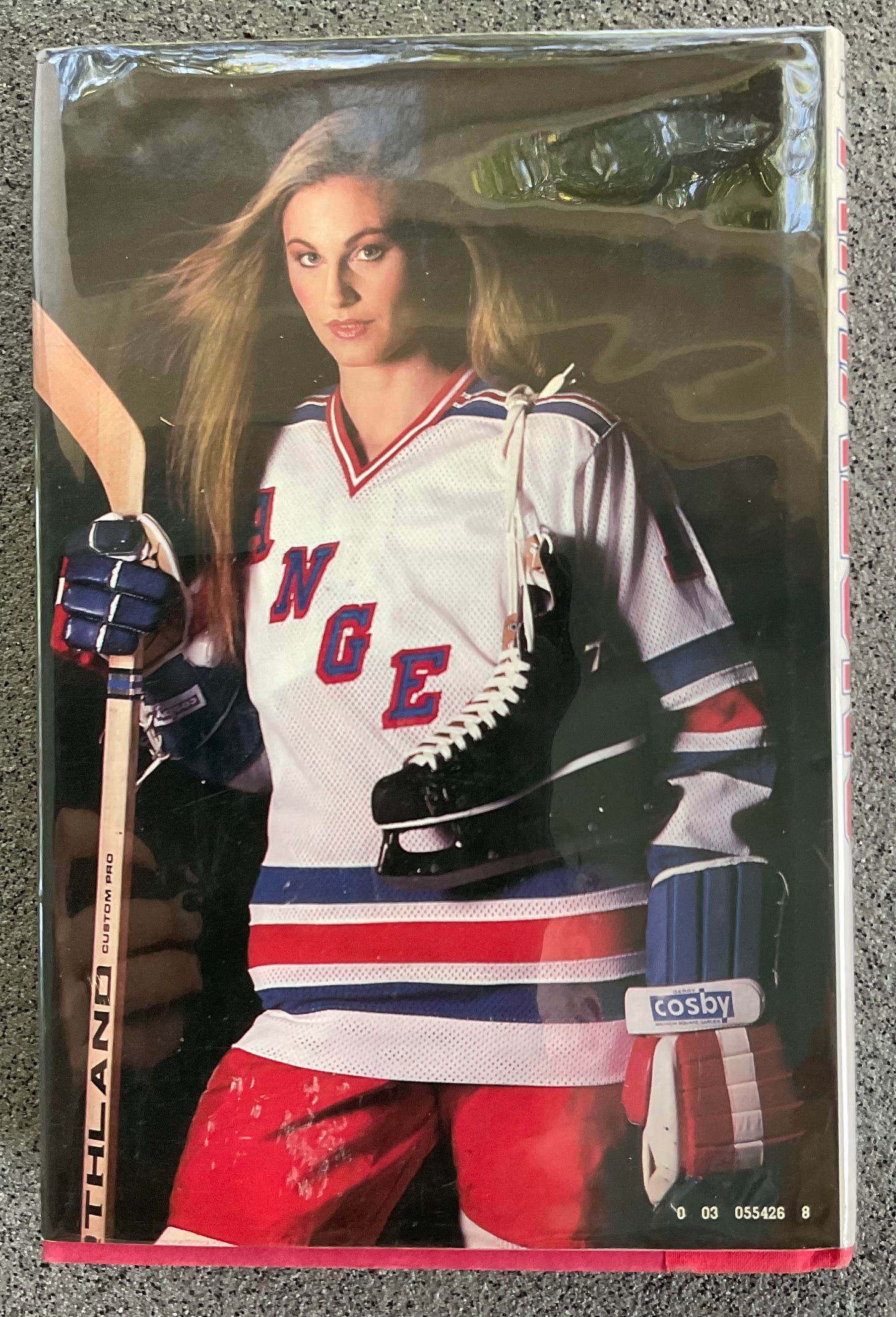
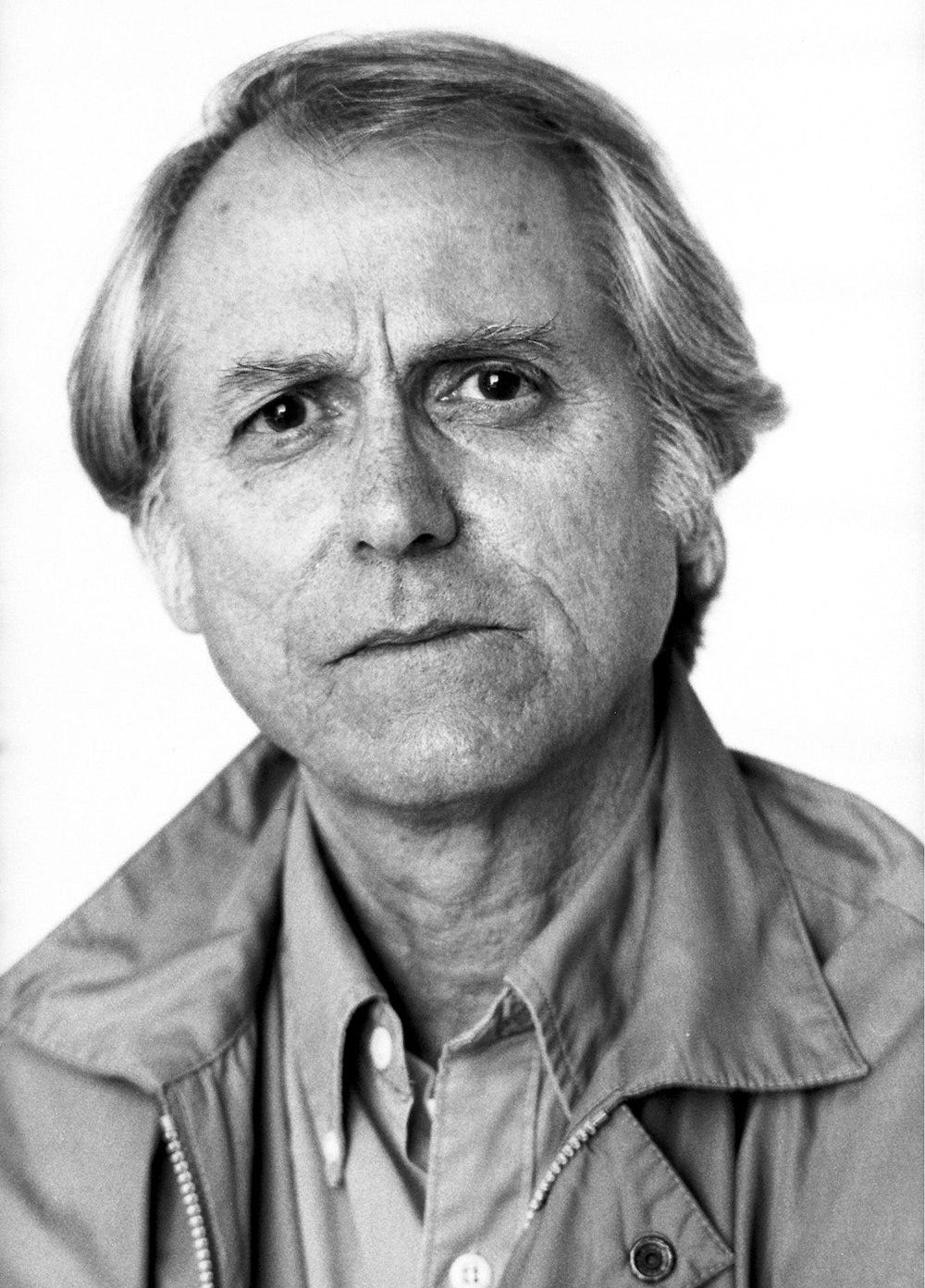
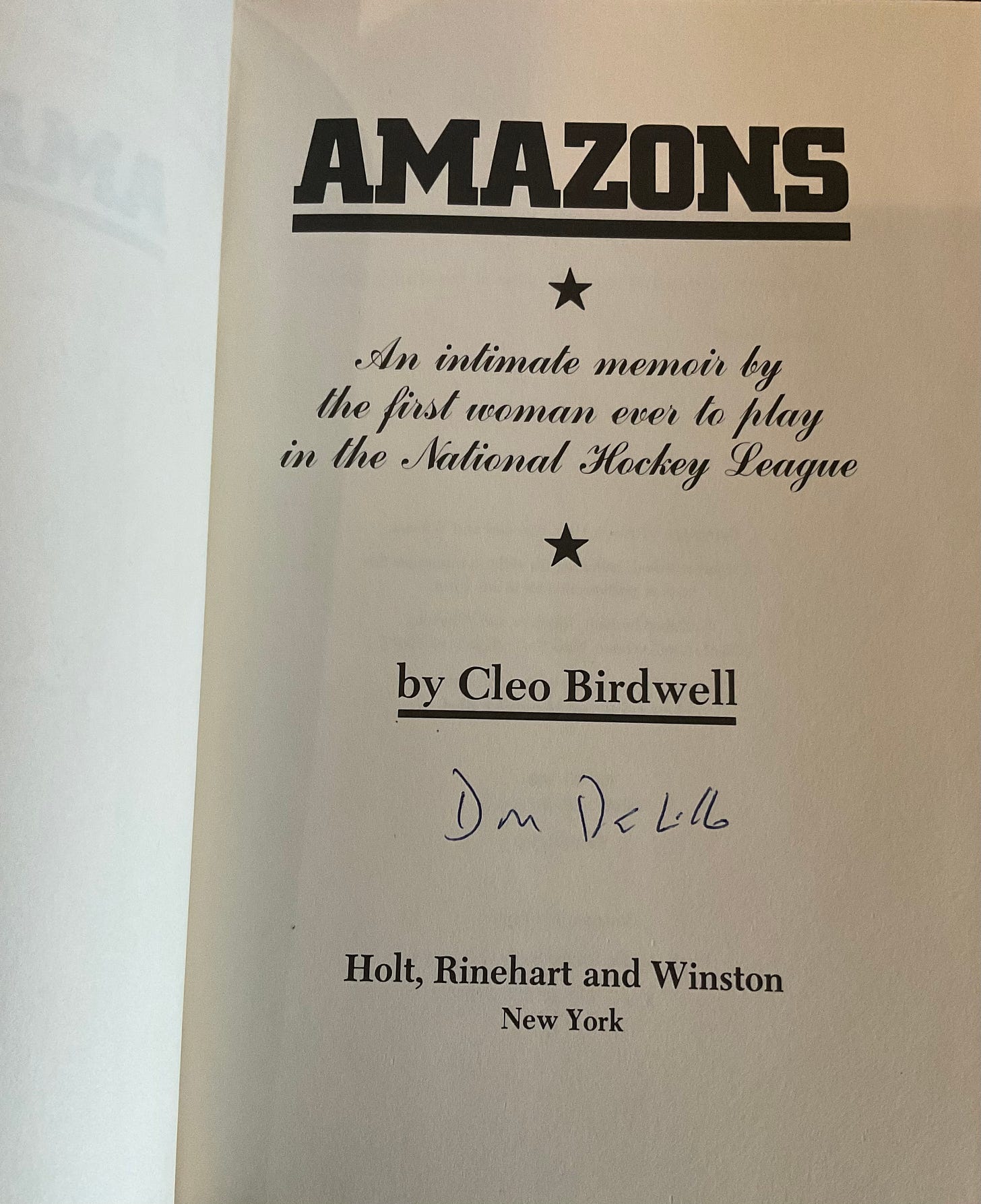
Three books that are already on my shelves and will be forever: Angle of Repose, Wallace Stegner. Prodigal Summer, Barbara Kingsolver. The Overstory, Richard Powers.
Culling books is always hard - and - in the past few years I’ve been doing more and more of it. I move too much and I’m tired of boxes of “heavy” reading. So things I thought I’d never part with are gone. Including the books I used for teaching Humanities. Those were hard to let go of but, like you, the chance that I’ll teach again is slim. The only problem with culling? Those occasions when I spend way too much time looking for something I forgot I gave away and then lamenting that I did. Alas